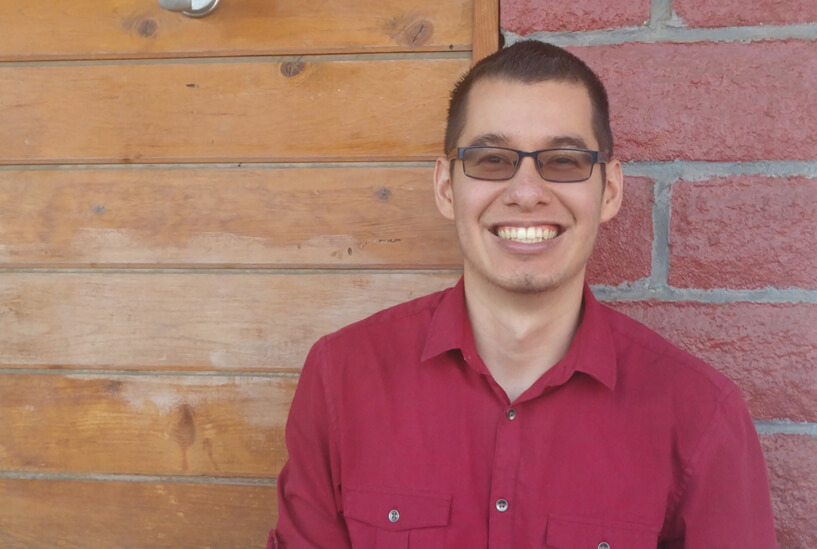Position:
We, Autism Learning Partners, Center for Autism and Related Disorders, Hopebridge, and LEARN Behavioral, unequivocally condemn the use of painful aversive procedures, including the use of contingent electric skin shock (CESS), under the scope of practice of applied behavior analysis (ABA) based treatment for challenging behaviors. Our organizations do not and never will employ the use of CESS under any circumstance.
Who we are:
We are providers of therapeutic ABA-based autism services across 33 states within the United States, representing care that is provided to thousands of clients across all age ranges (infant to adult) and levels of autism severity.
Context:
In 2013, in a special report to the United Nations, the United States Government was called upon to investigate human rights abuses, in violation of UN Convention against Torture, against students at the Judge Rotenberg Educational Center (JRC); these actions included use of contingent electric shock and prolonged physical restraint (Mendez, 2013, p. 83-84).
In March 2020, the U.S Food and Drug Administration (FDA) issued a ban on the use of CESS in the treatment of severely harmful behavior in individuals with disabilities, including autistic children and adults (Banned Devices, 2020).
The FDA’s ban was subsequently overturned by the Washington D.C. Circuit Court of Appeals, in July 2021. The ruling was not based on whether the practice is inhumane but rather on the grounds that the FDA does not have the authority to ban specific uses of a medical device, which was declared the responsibility of each state (Judge Rotenberg Educational Center v. FDA, 2021).
In October 2021, Massachusetts Association for Applied Behavior Analysis (MassABA), a regional chapter of ABA professionals practicing in the same state where the JRC practices, condemned the use of CESS in ABA due to ethical and scope-of-practice concerns.
In November 2021, the Association for Behavior Analysis International, the largest professional membership group in behavior analysis, announced a task force to investigate the use of CESS in ABA-based practice and to issue a formal statement. As of this date, the task force’s work is underway, but a formal statement has not yet been published.
Purpose of Issuing a Position:
In light of the ongoing legal battles at the federal level to ban and subsequently allow use of CESS in ABA services, in adherence to the updated Ethics Code for Behavior Analysts (Behavior Analyst Certification Board ®, BACB(R), 2020, effective January 2022), and because of our large representation of ABA-based autism services across the U.S., we feel a clear multi-organizational stance on this issue is warranted.
ABA is a compassionate science; ABA-based autism services help individuals access their full potential through sustainable, client-centered, meaningful outcomes. Based on condemnation by the United Nations that have not been resolved by permanent legal action, as well as significant ethical and scope of practice concerns disseminated by multiple groups of experts who have engaged in thoughtful and extensive review (e.g., MassABA, 2021; Zarcone et al., 2020), we wish to address this issue as providers. By advocating for the discontinuation of this concerning practice, and by clarifying its place outside of the scope of ethical practice, we hope to open space for the continued evolution of contemporary ABA.
Rationale/Support:
Evidence does not support the use of CESS. In a review of evidence-based practices for the treatment of individuals with ASD, the National Autism Center (2015) determined CESS had an unestablished level of evidence (National Autism Center, 2015). Furthermore, the International Association for the Scientific Study of Intellectual and Developmental Disabilities (IASSIDD), an international group of researchers, clinicians, students, parents, and self-advocates, provided a literature review to support their opposition to the use of CESS to target severe aggression and self-injury. Their review identified methodological concerns, insufficient evidence of long-term effectiveness, ethical concerns, and adverse side effects including physical and psychological injury (Zarcone et al., 2020).
As behavior analysts, we are also bound by a code of ethics. The core principles from the Ethics Code for Behavior Analysts (BACB, 2020) state that behavior analysts are to:
- Core Principle #1 – Behavior analysts work to maximize benefits and do no harm
- Core Principle #2 – Behavior analysts behave toward others with compassion, dignity, and respect
- 2.01 – Behavior analysts prioritize clients’ rights and needs in service delivery
- 2.11 – [Behavior Analysts] are responsible for obtaining assent from clients
- 2.15 – Behavior analysts must continually evaluate and document the effectiveness of restrictive or punishment-based procedures and modify or discontinue the behavior-change intervention in a timely manner if it is ineffective
It is our consensus that these guiding principles are in direct opposition to the use of CESS in the population we serve. Furthermore, the consideration of individual assent was introduced to the latest revision of the ethics code, which is indicative of progress in our field to incorporate client feedback into treatment planning, building trust between client and practitioner.
If it is appropriate to reduce a behavior, there are many other evidence-based practices available without severe ethical implications. Strategies including antecedent-based interventions, augmentative and alternative communication, behavioral momentum, differential reinforcement, functional behavior assessment, functional communication training, and reinforcement have been determined to meet evidence-based practice criteria (Hume et al., 2021). Practitioners have a wealth of options to treat severe challenging behaviors while also showing compassion and upholding their client’s dignity.
We direct the reader to the excellent rationales and resources provided by MassABA in their position statement (2021).
References:
Banned Devices: Electrical Stimulation Devices for Self- Injurious or Aggressive Behavior, 85 FR 13312 (March 6, 2020).
Behavior Analyst Certification Board. (2020). Ethics code for behavior analysts.
Hume, K., Steinbrenner, J. R., Odom, S. L., Morin, K. L., Nowell, S. W., Tomaszewski, B., Szendrey, S., McIntyre, N. S., Yücesoy‑Özkan, S., & Savage, M. N. (2021). Evidence-based practices for children, youth, and young adults with autism: Third generation review. Journal of Autism and Developmental Disorders, 51(11), 4013-4032.
Judge Rotenberg Educational Center v. FDA, No. 20-1087 (D.C. Cir. 2021).
Massachusetts Association for Applied Behavior Analysis. (2021). Massachusetts Association for Applied Behavior Analysis (MassABA) position statement on the use of electric shock as an intervention in the treatment of individuals with disabilities.
Méndez, J. E. (2013). Report of the Special Rapporteur on torture and other cruel, inhuman or degrading treatment or punishment (A/HRC/22/53/Add.4). Human Rights Council.
National Autism Center. (2015). Findings and conclusions: National standards project, phase 2. Zarcone, J. R., Mullane, M. P., Langdon, P. E., & Brown, I. (2020). Contingent electric shock as a treatment for challenging behavior for people with intellectual and developmental disabilities: Support for the IASSIDD policy statement opposing its use. Journal of Policy and Practice in Intellectual Disabilities, 17(4), 291-296.









